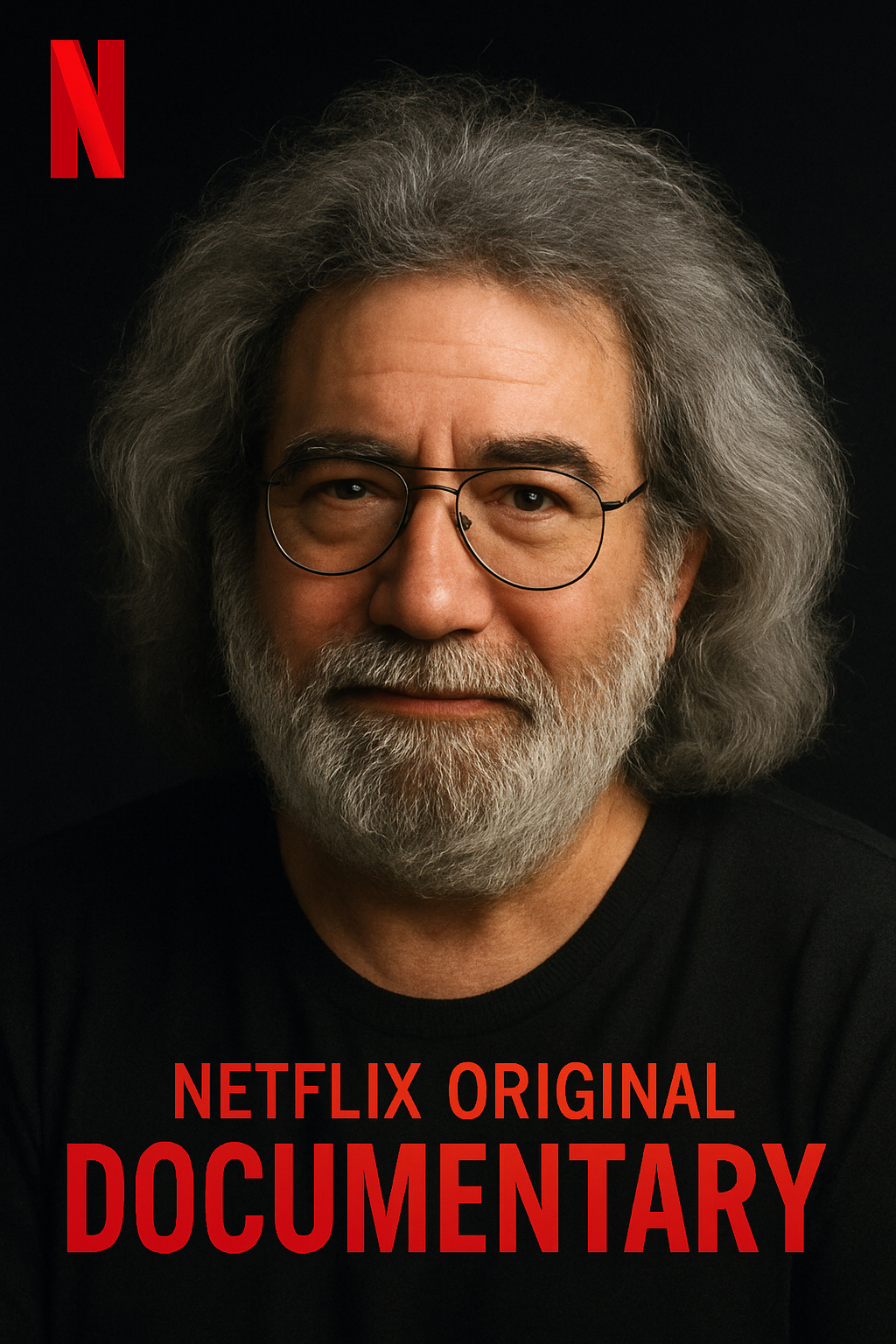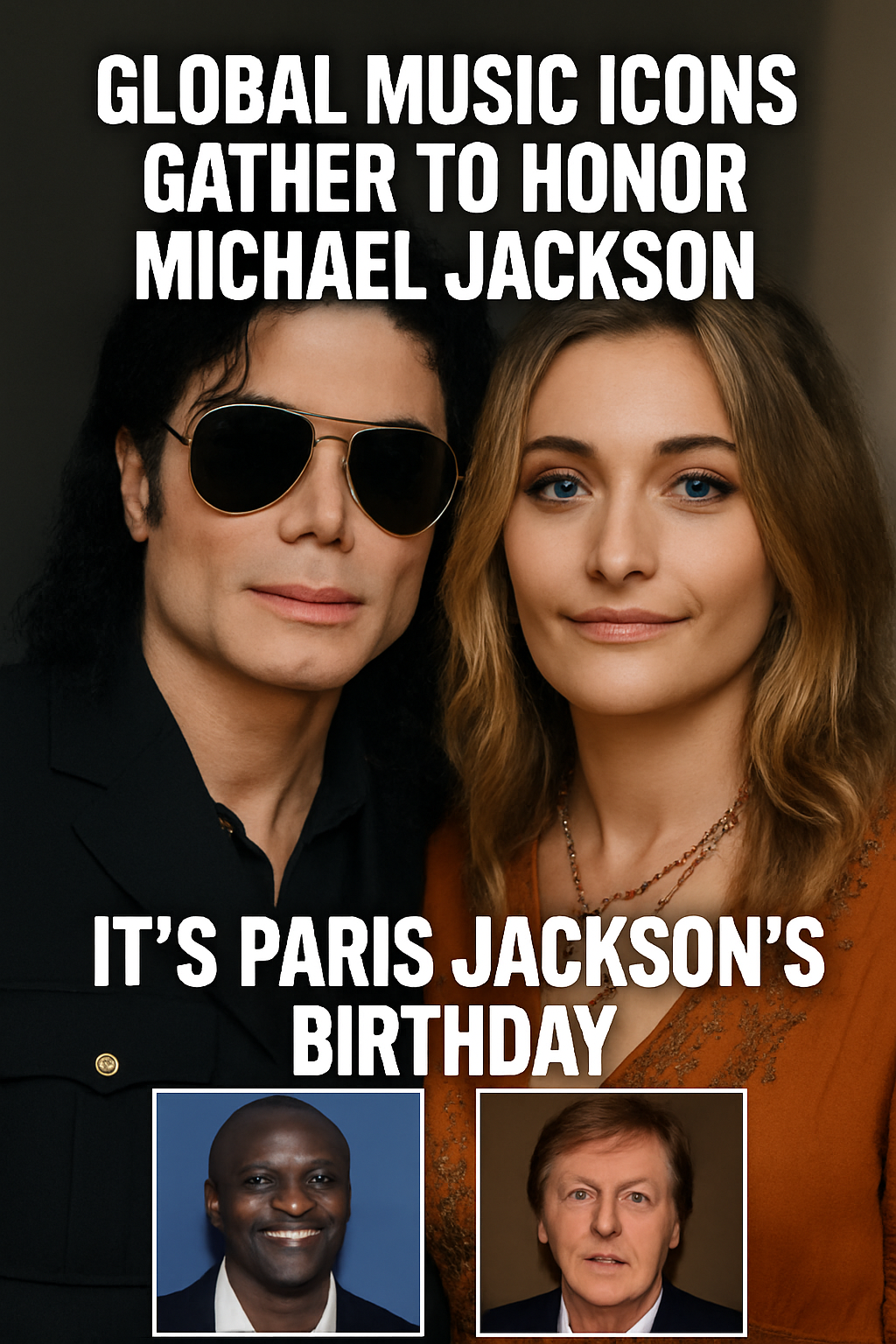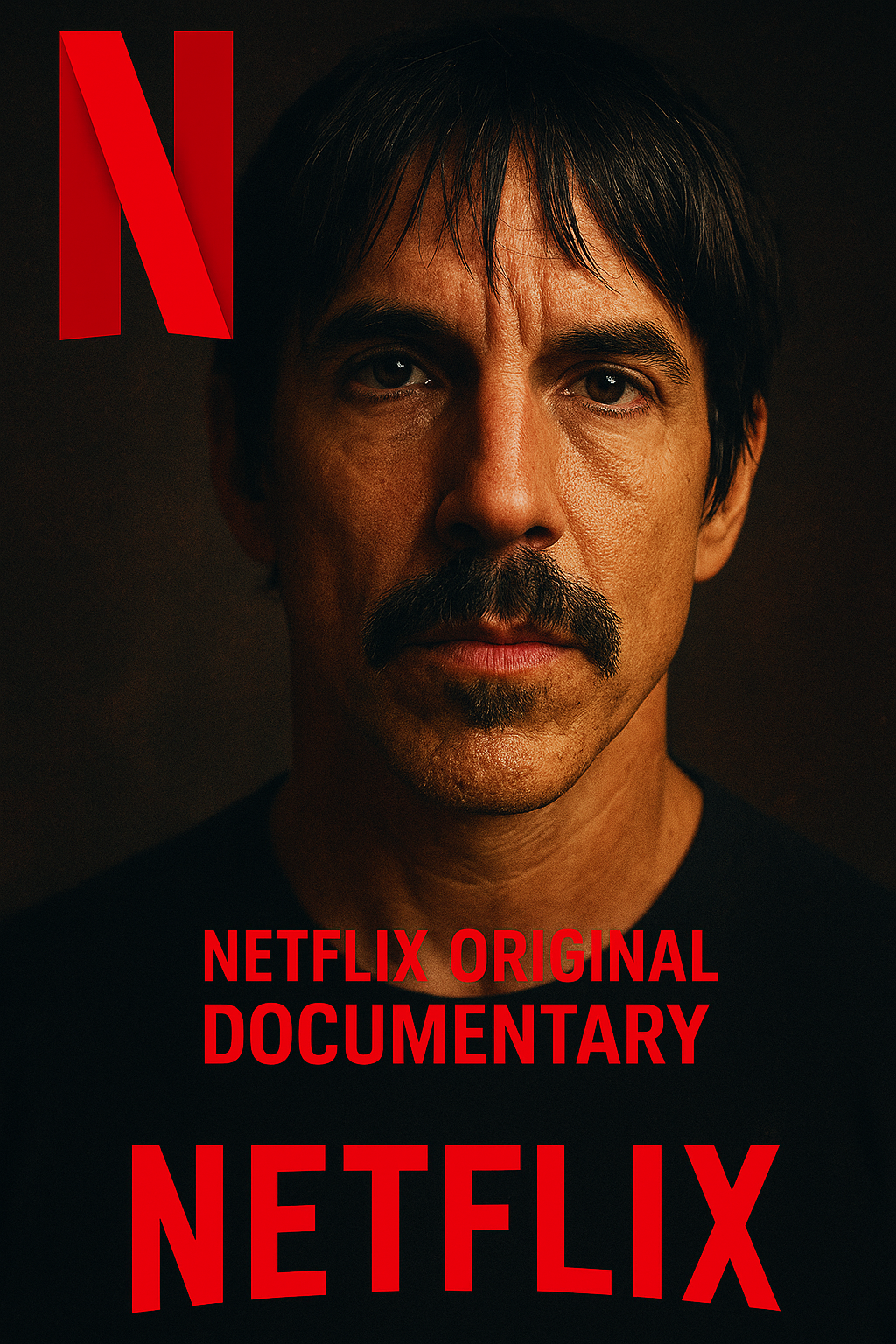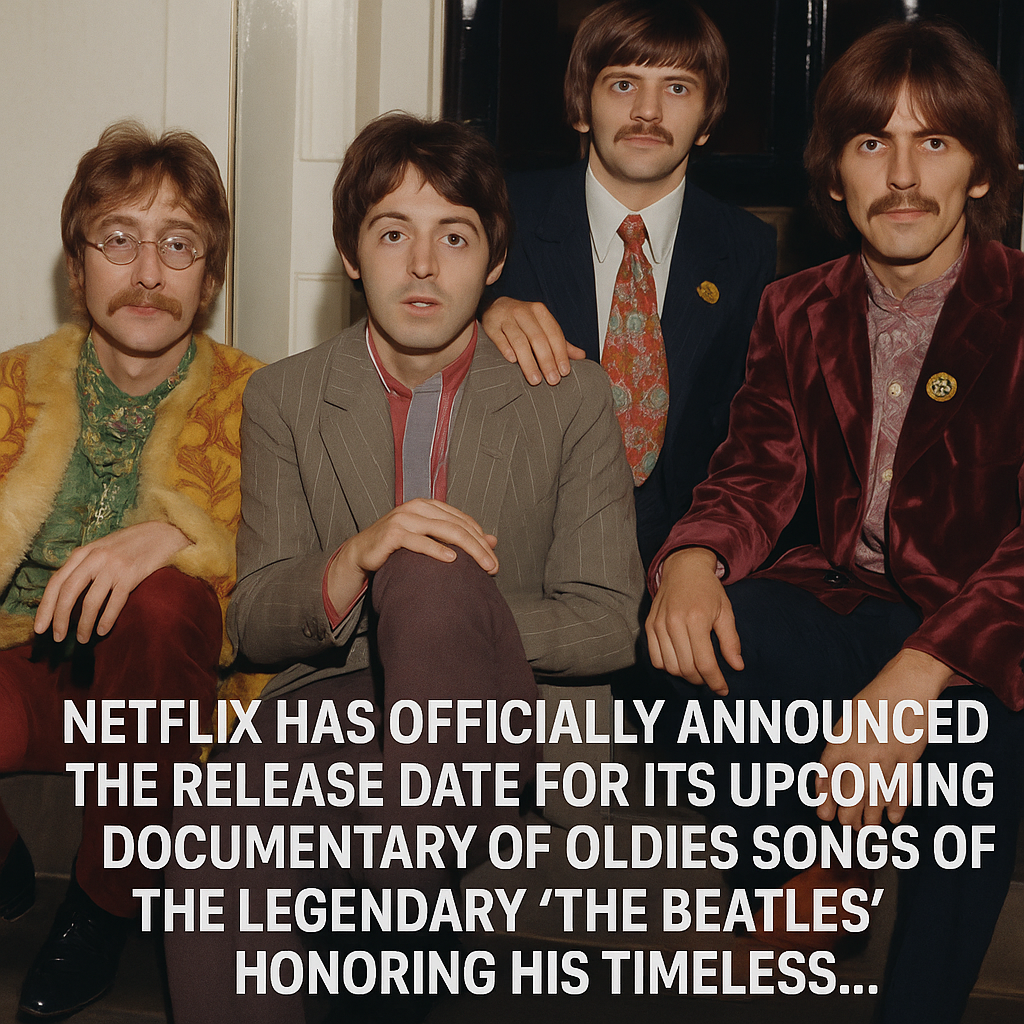Netflix has once again sparked excitement in the music and film communities with the release of the trailer for its highly anticipated Jerry Garcia documentary. The film promises to be an intimate and deeply human exploration of one of rock music’s most legendary and enigmatic figures. Known for his soulful guitar playing, free-spirited philosophy, and as the frontman of the Grateful Dead, Garcia’s story is one that transcends the boundaries of music and delves into the cultural revolution that shaped an era. The trailer hints at a raw and emotional journey, one that pays homage to Garcia’s genius while confronting the complexities of his life, fame, and legacy.
The trailer opens with hauntingly beautiful footage of a fog-covered San Francisco, the birthplace of a countercultural movement that changed America forever. Over the soft strumming of Garcia’s acoustic guitar, his voice is heard in an archival interview reflecting on music as “a conversation with the universe.” From the very first frame, Netflix sets the tone for something much more than a traditional rock biography — it feels like a meditation on creativity, identity, and the cost of living in pursuit of artistic truth.
Through a seamless blend of archival footage, unseen home videos, and present-day interviews, the film appears to capture the full scope of Jerry Garcia’s world. Friends, family members, fellow musicians, and cultural historians lend their voices to paint a portrait that is both deeply personal and historically significant. Netflix’s trademark cinematic polish is evident — the lighting, editing, and score combine to evoke nostalgia, melancholy, and celebration all at once. Each clip in the trailer is charged with emotion, suggesting that this documentary will not just tell a story, but make viewers feel it.
Garcia’s musical brilliance is, of course, a central focus. The documentary revisits the birth and rise of the Grateful Dead, showcasing the band’s evolution from a psychedelic garage group to one of the most influential musical collectives in history. The trailer teases electrifying performances — sprawling jam sessions, ecstatic crowds, and the mesmerizing interplay between band members that became a defining feature of their live shows. The sound of Garcia’s guitar, that fluid and searching tone, is ever-present, serving as the heartbeat of the film.
But alongside the celebration of his artistry comes an honest look at the man behind the myth. The trailer reveals glimpses of Garcia in vulnerable moments — dealing with exhaustion, addiction, and the overwhelming pressures of fame. Netflix seems committed to showing both sides of the legend: the joyous improviser who inspired millions and the introspective soul wrestling with his own demons. This duality gives the documentary its emotional power, transforming it from mere tribute into something truly profound.
The filmmakers appear to have gone to great lengths to capture the essence of Garcia’s philosophy on life. In one striking moment from the trailer, a voiceover of Garcia says, “It’s not about perfection, it’s about freedom.” This sentiment, simple yet profound, encapsulates the spirit that fueled his art and the culture that grew around it. The imagery accompanying his words — vintage footage of dancing crowds, swirling lights, and the chaotic beauty of 1960s San Francisco — evokes the energy of a movement that believed in music as a form of liberation.
Netflix’s visual storytelling is rich with contrasts — the euphoria of the stage juxtaposed with quiet solitude. The documentary’s cinematography embraces both the psychedelic colors of the era and the muted tones of introspection. There are glimpses of Garcia’s relationships, his love for painting, and his desire for simplicity amidst fame’s chaos. These moments give the audience a glimpse of the gentle, introspective man whose music seemed to speak the language of the human heart.
The trailer also highlights Garcia’s impact on generations that followed. From modern-day musicians who credit him as an influence to young fans discovering the Dead’s music for the first time, his legacy continues to ripple through time. Interviews with artists from various genres — rock, folk, country, and even electronic — reveal how Garcia’s approach to improvisation and authenticity continues to shape contemporary music. The film positions him not just as a rock legend, but as a timeless cultural figure whose ideals remain relevant in a world still seeking freedom and connection.
As the trailer progresses, it becomes clear that this documentary is as much about the Grateful Dead’s community as it is about its frontman. Netflix captures the phenomenon of the “Deadheads,” the devoted followers who built an entire subculture around the band’s ethos of love, art, and exploration. The footage of fans traveling across the country, dancing in parking lots, and finding family within the music underscores the sense that Jerry Garcia’s legacy is collective — a shared experience that lives on in every note and every memory.
Critics and fans alike are already praising the trailer’s balance of reverence and realism. Rather than mythologizing Garcia, Netflix seems to embrace his imperfections, recognizing that they are part of what made him human and, in turn, what made his art so relatable. The editing rhythm — slow, deliberate, and almost meditative — mirrors the reflective tone of the narrative. It invites viewers not to idolize Jerry Garcia, but to understand him.
Social media reactions to the trailer have been overwhelmingly enthusiastic. Fans have called it “spiritual,” “long overdue,” and “a love letter to an era that never really ended.” Many are noting how Netflix has once again mastered the art of cultural preservation, giving new audiences access to the stories that shaped modern music. With its emotional depth, stunning imagery, and heartfelt narration, the Jerry Garcia documentary is shaping up to be a standout entry in Netflix’s growing collection of music-driven films.
As the trailer closes, Garcia’s voice returns one final time over a montage of images — his hands on the guitar, a smiling crowd, a fading sunset. “Music never stops,” he says, and the screen fades to black as the red Netflix logo appears. It’s a fitting conclusion to a preview that feels both nostalgic and alive. The upcoming documentary promises to be more than a film — it’s a journey through sound, soul, and the enduring power of a man whose music continues to echo through generations.



